By Tina Ramirez
Nigeria, the most populous country in Africa, is poised to become the third largest in the world by 2050. Based on this fact alone, one would think that the country is humming and purring. But, in fact, Nigeria is teetering on the edge of becoming the next, bad version of Iraq.
In Nigeria, conflict – bloody conflict – is normal, with religious and ethnic differences firmly serving as the recurrent flashpoints for violence that are feeding the regional instability across West Africa.
It’s a conflict that bears troublesome similarities to the sectarian battle in Iraq that has dominated, or one could say plagued, US foreign policy since this century began.
The stakes are high for Nigeria. And, by default, for the African continent and the United States.
Recall 2009. The notorious “Underwear Bomber” – a 23-year-old, Nigerian male, who boarded a plane bound for Michigan on Christmas Day with enough explosives in his underwear to take the lives of the 289 people, who were on that plane. Thankfully, in our post 9-11 world, he was caught before the crime was perpetrated and 289 lives were saved.
In recent years, the terrorist group Boko Haram, which literally means “against western education”, arose in the northern states and has slaughtered more than 20,000 innocent victims, displaced at least two million Nigerians, and kidnapped more than 200 Chibok schoolgirls – a move that afforded them international notoriety.
If this all sounds horrific, it’s because it is.
The unnecessary violence and bloodshed in Nigeria is symptomatic of an intensified religious conflict. And, it is worthy of our attention now – not later.
As mentioned before, Nigeria is the largest democracy in Africa. In fact, the rise of Nigeria’s population growth mirrors its ascending influence in global economic markets and geopolitical affairs. It is now sub-Saharan Africa’s largest economy and constitutes roughly 75% of the West African regional economy.
Suffice it to say that a failure of government in Nigeria – sprinkled with an act of terrorism here and there – would have humungous ripple effects across the continent, not to mention regional global ramifications. Domestically, instability in Nigeria would also be damning, given our energy and oil interests – Nigeria is currently one of the top 7 crude oil suppliers to the U.S.
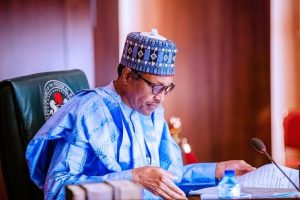
The Underwear Bomber and Boko Haram incidents provide just a taste of what’s to come alongside of an unstable and further radicalized Nigeria. We can’t allow Nigeria, our ally, to further spiral into becoming a springboard for terrorism.
The question now becomes, what, then, is to be done?
The Bush and Obama administrations’ approaches to quelling violence in Iraq warrants a revaluation of how the global community combats religious conflict. While the United States invested trillions of dollars to stabilize Iraq, there is little to show for it but a continued infiltration of terrorism, flow of impoverished refugees, and economic devastation. This is not acceptable.
Recognizing that the root cause of religious discrimination and violence is intolerance – and understanding that money isn’t a panacea for ending conflict – means shifting gears and exploring new tactics to resolve conflicts in Iraq, Nigeria, or you-name-the-hotbed.
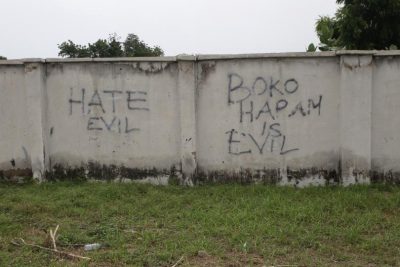
As a result, and in direct response to what was not happening in countries like Iraq and Nigeria, I formed a training program – Hardwired Global – that was not focused on money as a Band-Aid, but rather on helping local leaders de-escalate and mitigate conflict. Specifically, we train leaders to respond to the rise of extremists who brutally targeted minority faith communities and wiped out all dissenting voices.
What we are seeing on a daily basis is transformative. Communities that previously had attacked one another, now gather together to overcome their fears and begin the hard work of ensuring that each would have their religious freedom and dignity respected by the government. They risk their lives to stand in defense of one another, recognizing that if they do not, they will all end up dead at the hands of the terrorist group who made no room for religious freedom.
And in the midst of accelerated religious and ethnic tensions across northern Nigeria, Hardwired brought Muslim and Christian lawyers together for the first time to discover how to stand in one another’s defense.
As one of our recent Nigerian trainees described, “The initiative of Hardwired is to make this country great, to have peace within the community, and also to practice your religion without discrimination. We believe everybody has a right to thinking or conscience, to practice whatever he wishes as his own religion… I want a better society, I want a better country for Nigeria and the world at large.”
At Hardwired, we have learned that empathy is a greatly undervalued conflict resolution tool in shifting public opinion towards embracing ethnic and religious differences as a pillar of a just society. But the rush to support the symptom through humanitarian aid rather than address root causes has already proven to increase dependence on military solutions.

Many aid organizations attempt to cultivate empathy in order to seek out kumbaya exercises where we rush to find the similarities in fractured societies. While these exercises might feel good, they are just moments and don’t resolve the underlying, base issues.
Empathy is most powerful when used to build a shared trust in a society that is invested in protecting pluralism and embracing religious and ethnic differences, rather than glossing over them. In Nigeria, Hardwired is putting these lessons into practice. And, we are finding that acknowledgment and acceptance of their differences is leading to greater security, economic prosperity, and a more diverse social fabric.
The alternative – doing nothing and ignoring the religious dimension of the conflict – will ultimately exacerbate the destabilization of Nigeria’s fragile democracy.
Let’s not let indifference result in Nigeria become the next Iraq.
Tina Ramirez is founder and president of Hardwired, a non-governmental and nonprofit human rights organization with Special Consultative Status at the United Nations. She has worked for the U.S. Commission on International Religious Freedom and the U.S. Congress. She authored Iraq: Hope in the Midst of Darkness (2017) and was a contributing author and editor of Human Rights in the United States: A Dictionary and Documents (2010 and 2017).
Ramirez also ran for the U.S Congress representing Virginia State in 2019.












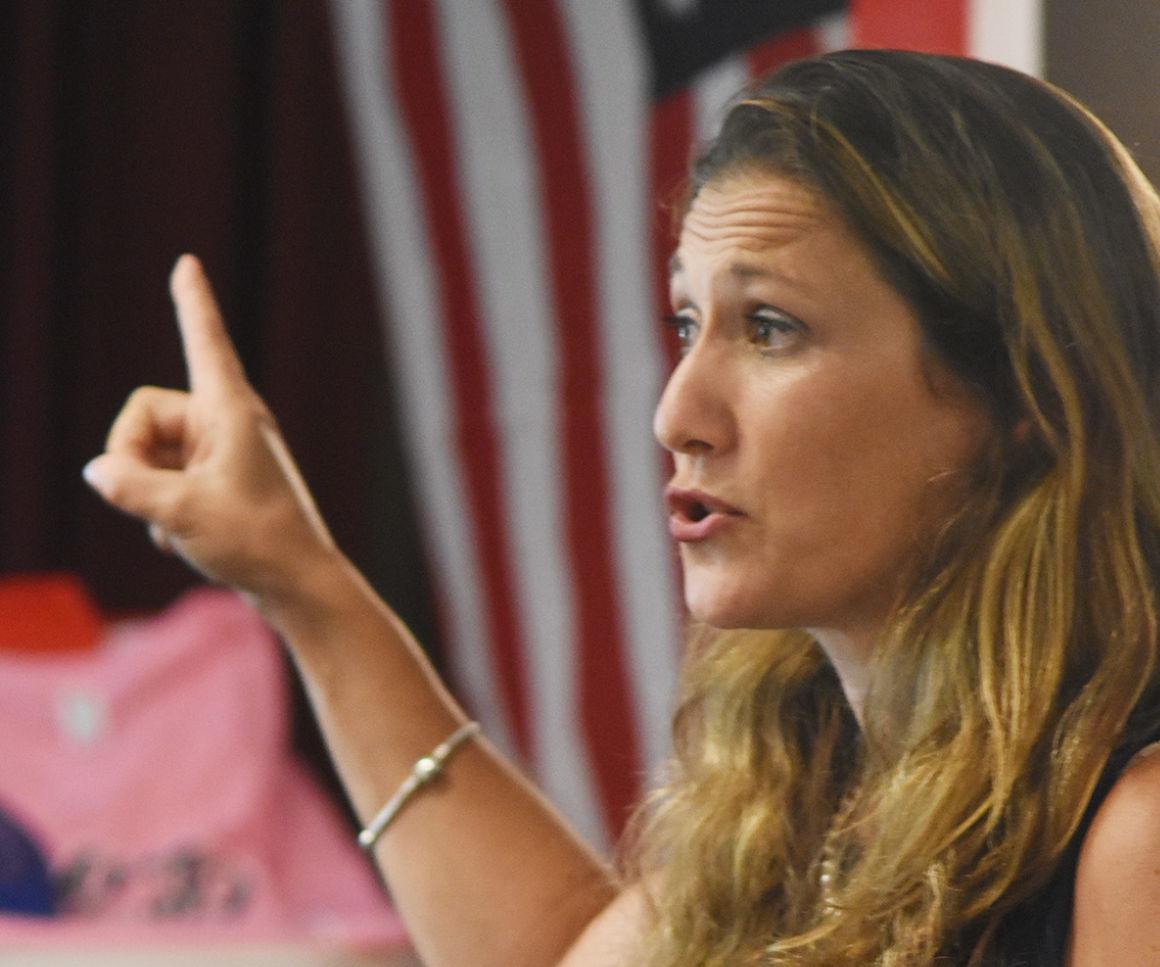

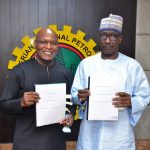





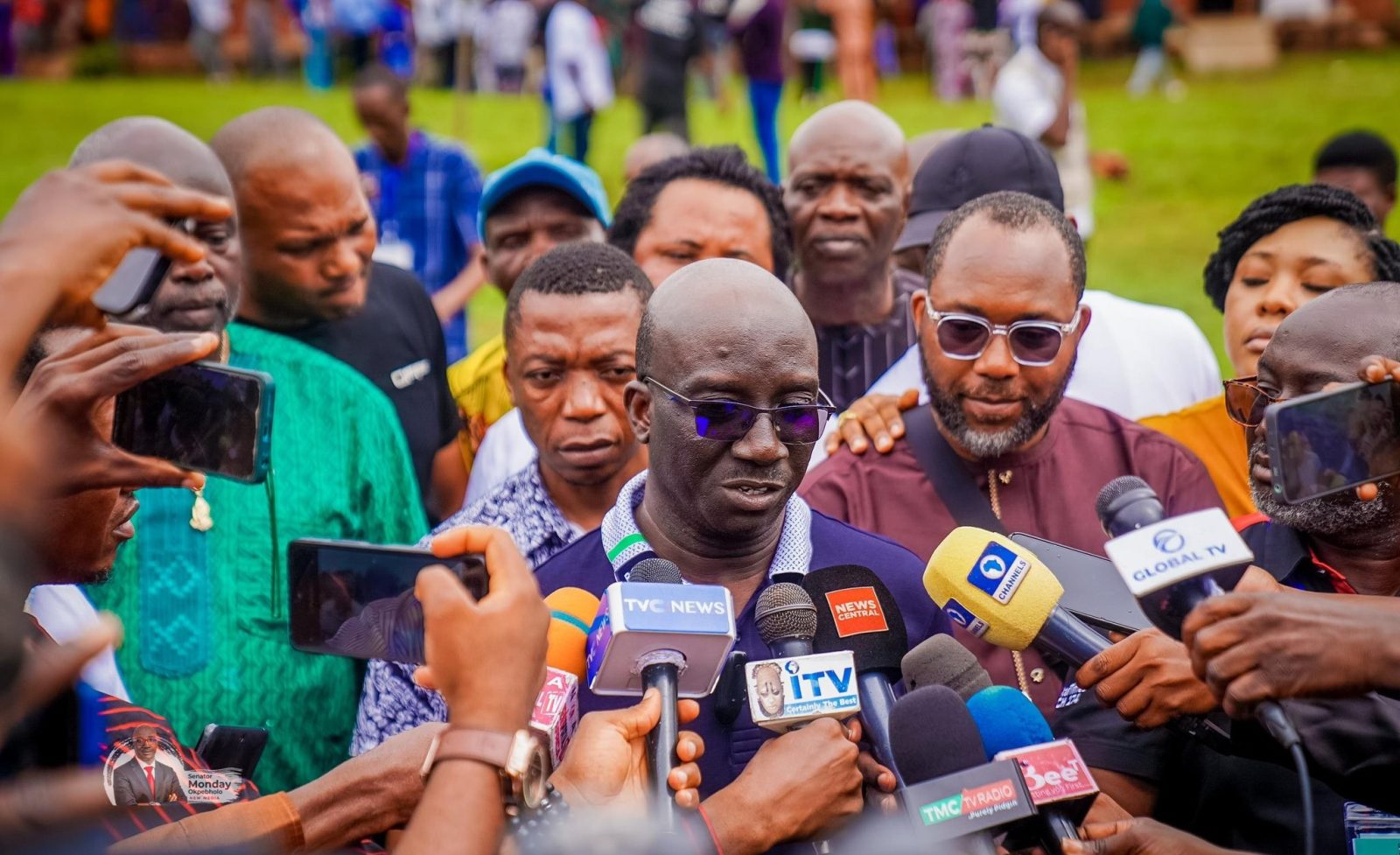
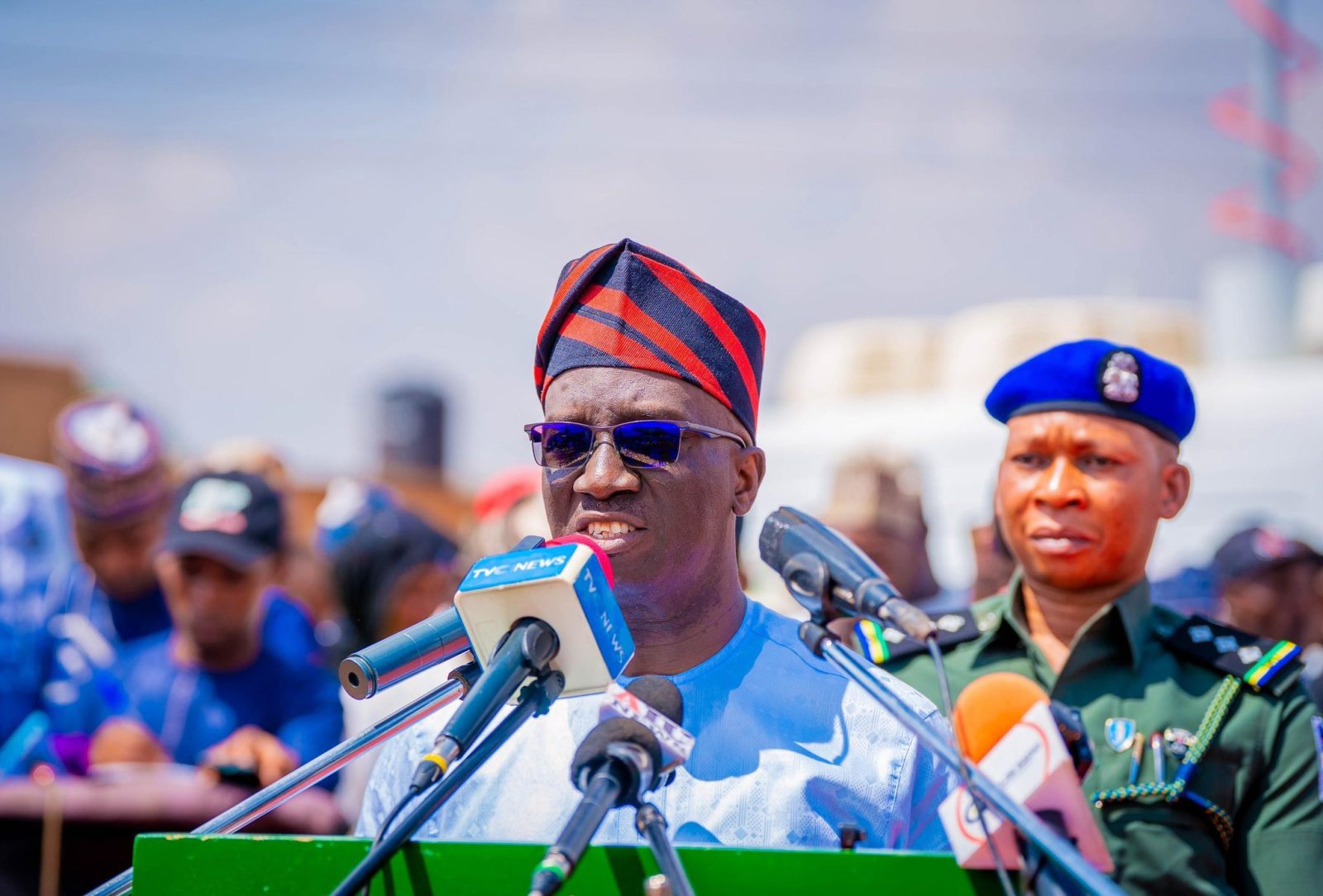
Leave a comment